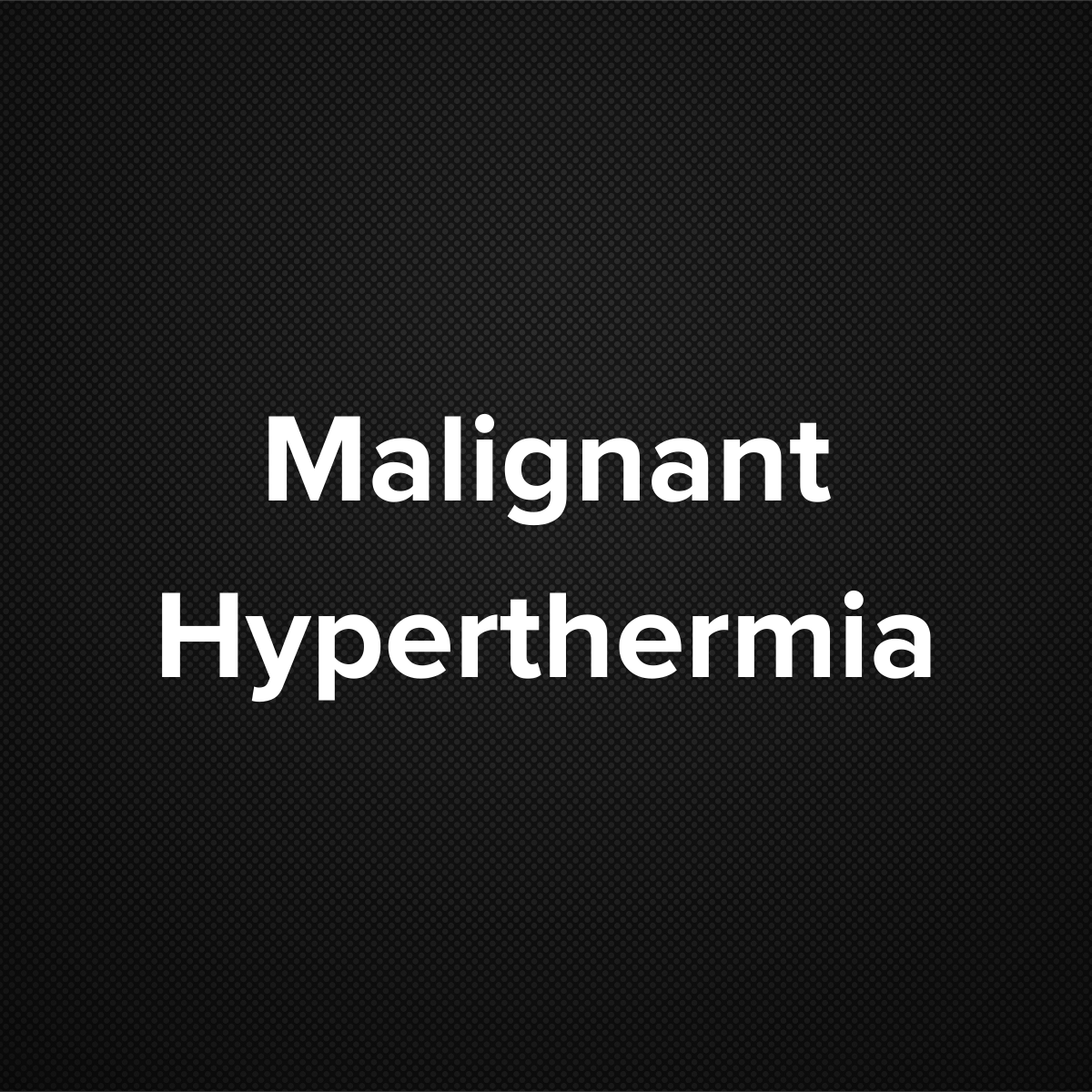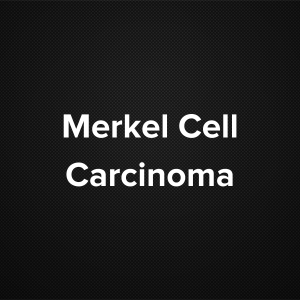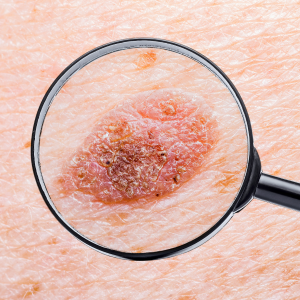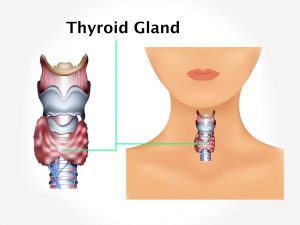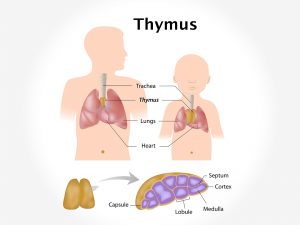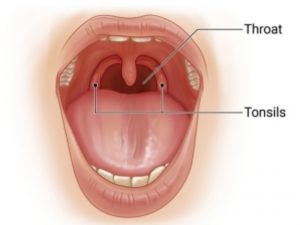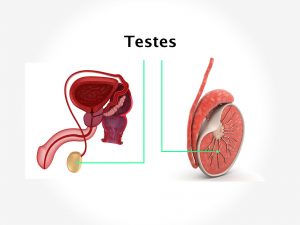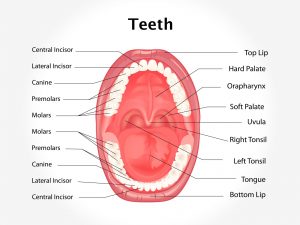Causes and risk factors
It runs through the families. Malignant hyperthermia is caused as a result of acceleration in metabolism of skeletal muscle. There is increased level of cell calcium in the skeletal muscle. A person may not know he/she has malignant hyperthermia unless exposed to the anesthetic agents. This includes surgery, emergency rooms, dental procedure. Certain inherited muscle diseases (including central core disease and multiminicore disease) are associated with malignant hyperthermia. MH can also be caused due to heavy muscular exercise, exposure to hot environment.
Clinical presentation
Symptoms develop one hour to several hours after the exposure. Rigid or painful muscles, especially in the jaw. There is very high temperature, as high as 113°F. Flushed skin, profuse sweating is seen. Increased heart rate, increased respiratory rate, fall in blood pressure is observed. Cyanosis occurs. Brown or cola-colored urine may be present. There may occur muscle weakness or swelling after the event. Metabolic acidosis takes place. Confusion may occur.
Investigations
Medical history by the patient and clinical examination by the doctor helps in diagnosis. Blood tests are done. Malignant hyperthermia is suspected if the blood test shows following result – raised creatine kinase level, elevated potassium, increased phosphate, raised myoglobin. “Caffeine-halothane contracture test” is done in people with family history of malignant hyperthermia.
Treatment
Treatment should be commenced as soon as malignant hyperthermia is suspected. Treatment consists of Intravenous administration of muscle relaxants, anti-arrhythmic drugs. It helps in restoring normal calcium levels in muscles and reducing body temperature. Discontinuation of triggering agent, i.e., anesthetic drug is necessary. Supportive care may be required for the hyperthermia, acidosis, and organ dysfunction.
Complications
Complications such as respiratory failure, kidney failure, shock, or coma can occur.
When to Contact a Doctor
As the reaction will take place in the OT or surgery ward, the doctor available will take necessary steps. In case of MH occurring other than in hospital, such as gyms, etc., the person should be taken to the doctor if he has muscle rigidity with profuse sweating, increased respiratory rate, increased heart rate.
Prevention
There is no sure way to prevent malignant hyperthermia. People whose close relative have suffered from malignant hyperthermia should be tested before undergoing surgery.
